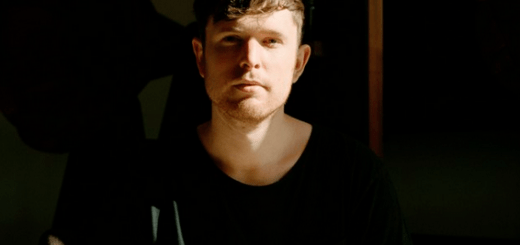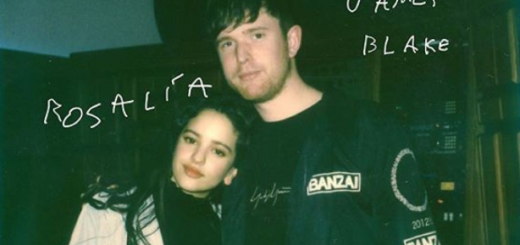To the Last by James Blake Lyrics Meaning – Unraveling the Emotional Tapestry
Lyrics
You and I
We’re going to the last
You and I
You’re to me than any any son
Never in a fore and only son
And I will love you
Tell me if we’re wrong
All I’ve seen is what you’ve done
To the last, you and I
To the last, you and I
If only, if only
If only, if only
If only, if only
If only, if only
You can hide yourself
In so many words
And I will love you
Tell me if we’re wrong
All I’ve seen is what you’ve done
We’re going to the last
You and I
We’re going to the last
You and I
We’re going to the last
You and I
To the last
You and I
In the pantheon of modern songwriters, few possess the uncanny ability to weave heartache and intimacy into the fabric of music as James Blake does. With ‘To the Last’, the acclaimed electronica maestro exposes a poignant narrative veiled in metaphoric eloquence, crafting a ballad that is both haunting and luminously tender.
From its ethereal synth layers to the somber hush of Blake’s unmistakeable falsetto, ‘To the Last’ is an odyssey through emotional liminality. It’s a piece that echoes with allegories, a song that paints its musings on love, devotion, and resilience with a brush dipped in shadow and light. As we delve into the meaning behind Blake’s lyrics, we uncover the intricacies of his message—a testament to the enduring and unwavering spirit of human connections.
The Echoes of Eternal Commitment
The recurring line ‘We’re going to the last, You and I’ isn’t just a lyrical anchor; it’s a solemn vow, a commitment that surpasses the confines of time. Blake seems to draw us into a world where the unity of two souls is immutable, a bond that isn’t just for the now but for all of eternity. It touches on the idea of a partnership that extends beyond life’s temporal threshold.
While such promises are often found in love songs and wedding vows, Blake infuses the phrase with a deeper existential weight. He articulates an understanding of love that doesn’t just weather storms but that is the very ship upon which two souls navigate the tumultuous seas of life.
A Cryptic Puzzle of Identity and Worth
Blake wades into the complexities of self and reflection with his verse, ‘You’re to me than any any son. Never in a fore and only son.’ This cryptic line may represent the unique and incomparable value placed on a relationship. By evoking the imagery of a singular, beloved child, he underlines a feeling of unparalleled significance and dedication to his subject.
The interpretation swells with possibilities—all pointing towards the idea that the bond shared is one of singularity and priority. It’s a relationship that transcends the common, one that stands alone and unparalleled in the narrator’s emotional hierarchy.
The Labyrinth of Love and Misgivings
‘Tell me if we’re wrong’- this confessional plea is an admittance of vulnerability. Blake showcases his mastery of human sentiment as he lays bare the insecurities that accompany intense emotional connection. The courage to question the rightness of a bond speaks to the universal fear of lost love or the perpetuity of making mistakes in the name of affection.
It is in this brevity of doubt where Blake’s craftsmanship as a lyricist shines. He connects deeply with the listener’s own trepidations, crafting a shared space of empathy and understanding that is flagrantly human and undeniably relatable.
The Power in the ‘If Only’ – A Mantra of Regret or Hope?
With the repeated lines ‘If only, if only,’ Blake casts a spell of longing. These words beat like a heart, each throb a pulse of yearning for what may have been or what still might be. It’s a poignant refrain that captures the essence of desire and the agonies of hindsight.
But in this mantra, there is more than just pining. There’s a dual edged sword—it is both a lament for past choices and a beacon of future potentials. Blake toes the line, allowing the listener to decide whether ‘If only’ is a whisper of regret or a shout into the void for a chance at redemption.
Words as Shields: The Lyrics’ Hidden Armor
In the line ‘You can hide yourself in so many words’, Blake peels back another layer of the human condition. Words become the facade, the armor behind which we shield our truest selves from the risk of raw exposure.
This lyric resonates with anyone who has ever masked their feelings within the labyrinth of language, obscuring vulnerabilities from the prying world. Blake doesn’t just sing words; he employs them as both the barriers and the keys to the intimate recesses of the soul.








